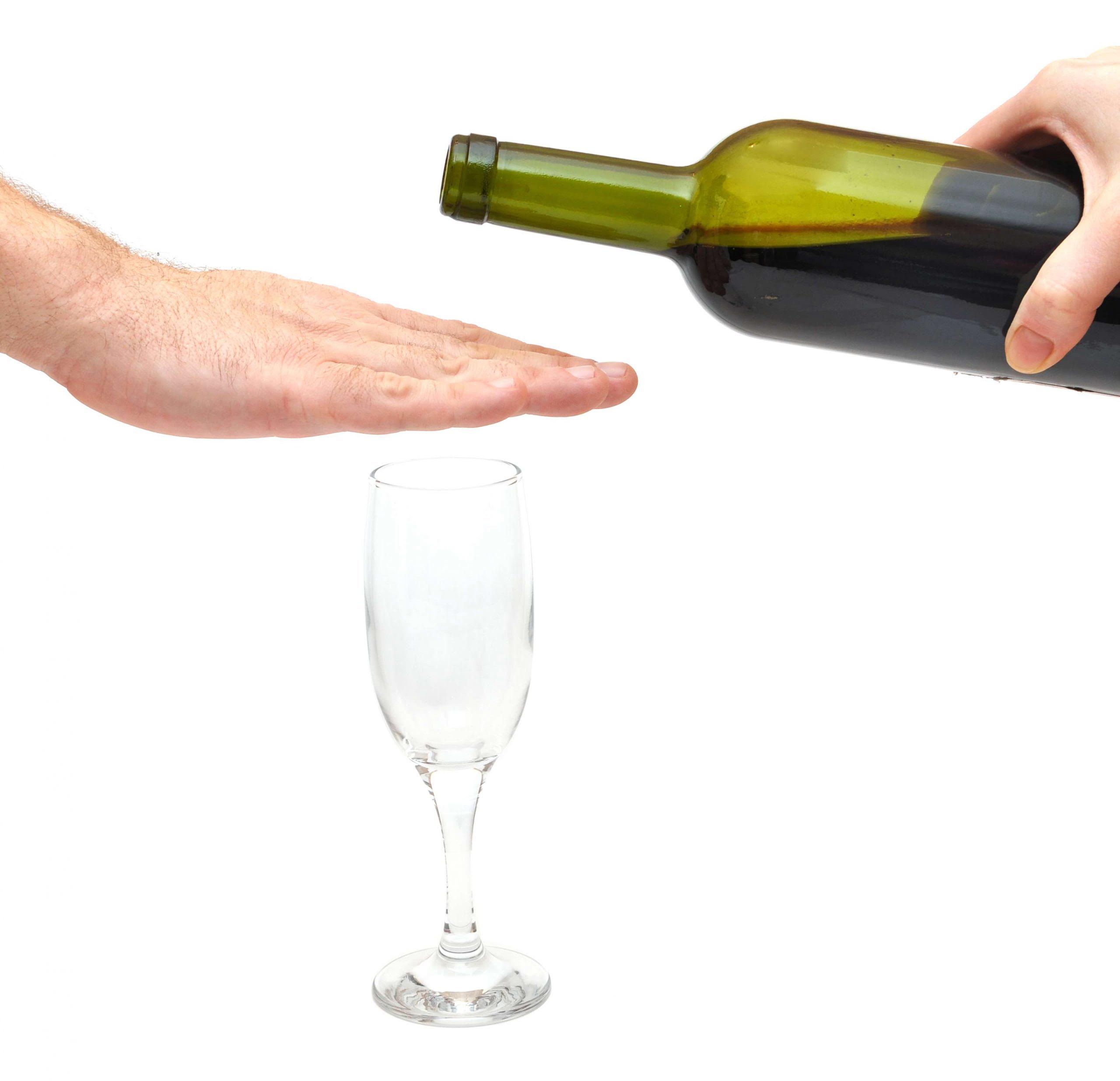Other withdrawal symptoms include insomnia, hand tremors, anxiety, nausea and vomiting, and hallucinations. The type of alcohol you consume does not play a significant role in causing sweating. The effects on the body, such as vasodilation and increased heart rate, are similar regardless of the type of alcoholic beverage. Alcohol is known for its ability to alter the body’s normal functions, and sweating is no exception. When you consume alcohol, several physiological processes occur that can lead to increased sweating. Hot flashes as a result of alcohol withdrawal can be very uncomfortable and can last for days or even weeks.
- Additionally, it is important to stay hydrated and ensure that you are eating a healthy diet.
- More than 1 in 20 adults are heavy drinkers, which NIAAA defines as more than four drinks a day or 14 drinks a week for men, and more than three drinks a day or seven drinks a week for women.
- Moreover, alcohol consumption affects the release of certain hormones in the body, including adrenaline.
- While powders will not prevent sweat production, they can protect the skin from moisture damage in a few different ways.
- If you have consumed a large amount of alcohol, it could take up to 24 hours for your body to completely clear the alcohol from your system.
- If your hyperhidrosis is caused by a thyroid imbalance or diabetes, it is important to talk to your doctor about treatment options.
Dr. Does Alcohol Trigger Hot Flashes
People who cannot tolerate alcohol must avoid the substance, or otherwise try to find out and avoid what specific substance he is allergic to, such as grapes in wine or yeast in beer. Limiting alcohol intake and taking antihistamines to relieve symptoms are also recommended. Most alcohol is broken down by the liver into non-toxic substances that are eliminated through urine, breath, and sweat.

Seeking Help During Alcohol Withdrawal
Companies like Carpe, make antiperspirant lotions that can reduce sweating production and make you more comfortable. It is an indication that one is suffering from alcohol withdrawal symptoms, and their body is increasingly dependent on alcohol. This typically happens with binge drinkers and people who realize they have a why does alcohol make you hot drinking problem and attempt to fix it. If you’d like information on addiction treatment, visit our alcohol addiction page.
If avoiding alcohol isn’t possible, drink plenty of water to help prevent dehydration and try to get a good night’s sleep. If you drink regularly, try cutting down on how much you drink or stopping altogether. REM and deep sleep are very important for health and overall quality of life. Alcohol withdrawal is essentially the body’s reaction to being deprived of alcohol after a period of heavy alcohol drinking.
Alcohol-induced sweating alone is not typically a sign of alcohol intolerance or allergy. However, if sweating is accompanied by other symptoms such as nausea, flushing, or difficulty breathing, it may indicate an adverse reaction to alcohol. This is because alcohol can reduce the body’s natural defenses against infection, such as its immune system.
Our mental health services
Several factors influence this experience, making it a highly individualized response to alcohol consumption. Delirium tremens symptoms generally occur within 2 to 4 days of your last drink. If you or someone you love is experiencing these symptoms, you should seek medical attention immediately. Every person will have a unique experience when going through alcohol withdrawal. The symptoms you experience, the severity and the risk they pose to you will depend on your personal history Substance abuse and your physical and mental health. You might also sweat after drinking due to having an intolerance to alcohol.

General Health
Sodium, potassium, and magnesium are important electrolytes that help nerves with functions and muscle contraction. People experiencing withdrawal have high demands for fluid and electrolyte replenishment. Supplying these needs helps reduce physical stress on the body to make them stronger during that phase of recovery. Some medical conditions such as hyperhidrosis (excessive sweating) could potentially be exacerbated by alcohol consumption, leading to increased sweating when drinking. The best way to do this is to limit or avoid alcohol consumption altogether. If you do choose to drink, it is important to do so in moderation and only consume low-alcohol beverages.

This can be especially pertinent for football players as performance anxiety prior to games can make sweating worse which can, in turn, affect performance. If you are dealing with anxiety try to find ways to relax so that you focus on your game and not on your sweat. Alcohol withdrawal is actually one of the underlying causes of secondary generalized hyperhidrosis, a condition that explains the development of sudden excessive sweating.
Excessive sweats, sweating – alcohol, night sweats from alcohol withdrawal are not uncommon and can occur with any type of alcohol dependence. This is due to the fact that it’s a diuretic, which means that the body will lose water through urine after drinking too much alcohol. If you experience uncomfortable night sweats after drinking, cutting off alcohol a few hours before bed and sleeping in a cool room can be helpful. If alcohol night sweats are persistent, you may need to consider whether you have an alcohol intolerance https://t3.technology/2020/11/25/get-alcohol-help-alcohol-detox-side-effects/ or an alcohol use disorder. In this case, seeking professional treatment can help you to stop drinking so you no longer experience unpleasant symptoms like night sweats. Alcohol consumption can come with side effects, especially among people who drink heavily.
- Continuous or intense sweating can disrupt sleep and worsen your overall condition.
- It can happen to anyone who has consumed alcoholic beverages but is more commonly experienced by those dealing with alcohol addiction.
- Cleanbreak Recovery offers a holistic approach to overcoming substance abuse and addiction and support for lasting Recovery.
- During a hot flash, you’ll experience a sudden increase in body temperature and sweatiness.
For Alcohol Intolerance
In this post, I’ll explain how rubbing alcohol stops sweating, and the side effects of using it. While sweating is totally normal, sometimes we wish we could turn down the volume a bit. Mark Halsey is a licensed therapist, founder, and chief editor of Clean Break Recovery. With over a decade of addiction treatment experience, Mark deeply understands the complex needs of those struggling with addiction and utilizes a comprehensive and holistic approach to address them. He is well-versed in traditional and innovative therapies, including cognitive-behavioral therapy, motivational interviewing, and mindfulness-based interventions.
Why Do You Sweat After Drinking Alcohol?
Alcohol metabolism, primarily in the liver, generates heat as a byproduct of chemical reactions involved. This additional internal heat further prompts the body to sweat as it attempts to dissipate the excess warmth and maintain a stable core temperature. The task of conquering alcohol withdrawal is very complex; it needs strong willpower, persistence, and an overall healthy lifestyle.

